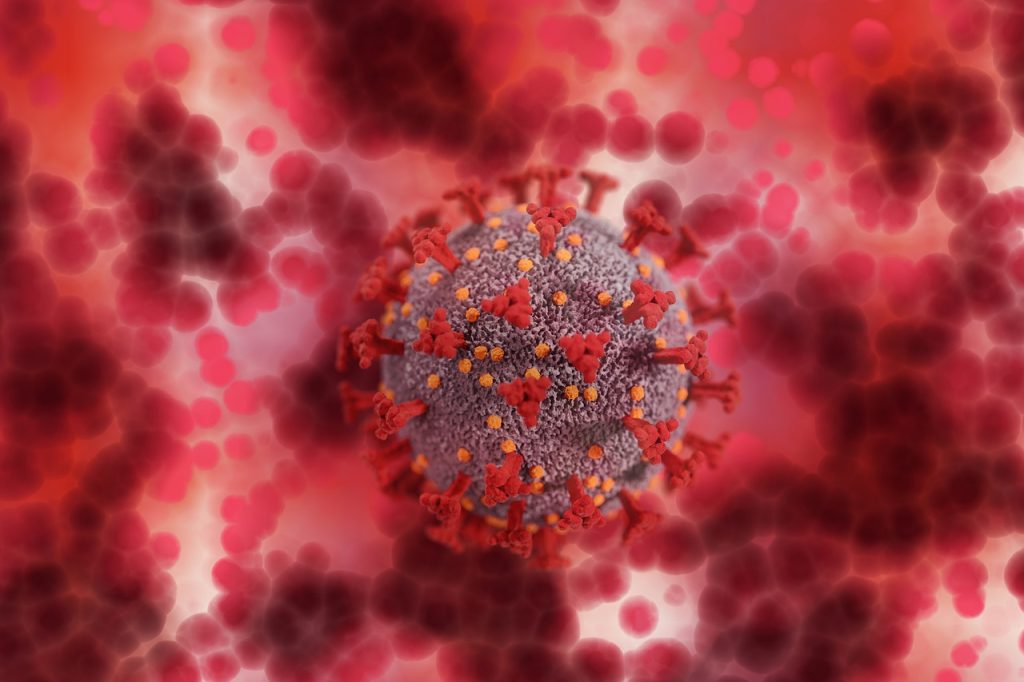
A major UK-wide trial has found that the the oral anticoagulant apixaban does not help patients recovering from moderate and severe COVID compared to standard care – despite this approach being offered to patients.
To date, more than a thousand NHS patients hospitalised with COVID have taken part in HEAL-COVID, a platform trial that is aiming to find treatments to reduce the number who die or are readmitted following their time in hospital.
The trial’s preliminary results have shown that prescribing the oral anticoagulant Apixaban does not affect subsequent mortality or rehospitalisation of COVID over the following year (apixaban 29.1%, versus standard care 30.8%).
As well as being ineffective, anticoagulant therapy has known serious side effects, and these were experienced by participants in the trial with a small number of the 402 participants receiving apixaban discontinuing due to bleeding events.
There was also no benefit from Apixaban in terms of the number of days alive and out of hospital at day 60 after randomisation (apixaban 59 days, versus standard care 59 days).
Following these results, the trial will continue to test atorvastatin, which acts on other mechanisms of disease that are thought to be important in COVID.
Chief Investigator for the trial Professor Charlotte Summers is an intensive care specialist at Addenbrooke’s Hospital and the University of Cambridge. She said: “These first findings from HEAL-COVID show us that a blood thinning drug, commonly thought to be a useful intervention in the post-hospital phase is actually ineffective at stopping people dying or being readmitted to hospital. This finding is important because it will prevent unnecessary harm occurring to people for no benefit. It also means we must continue our search for therapies that improve longer term recovery for this devastating disease.”
HEAL-COVID enrols patients when they are discharged from hospital, following their first admission for COVID. They are randomised to a treatment and their progress tracked.
Source: University of Liverpool

